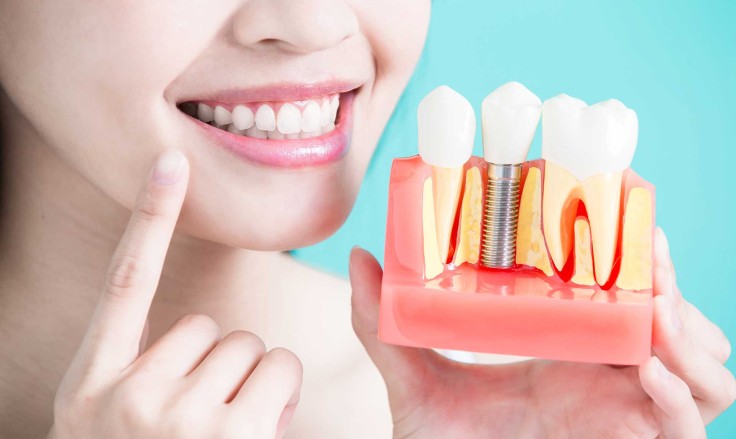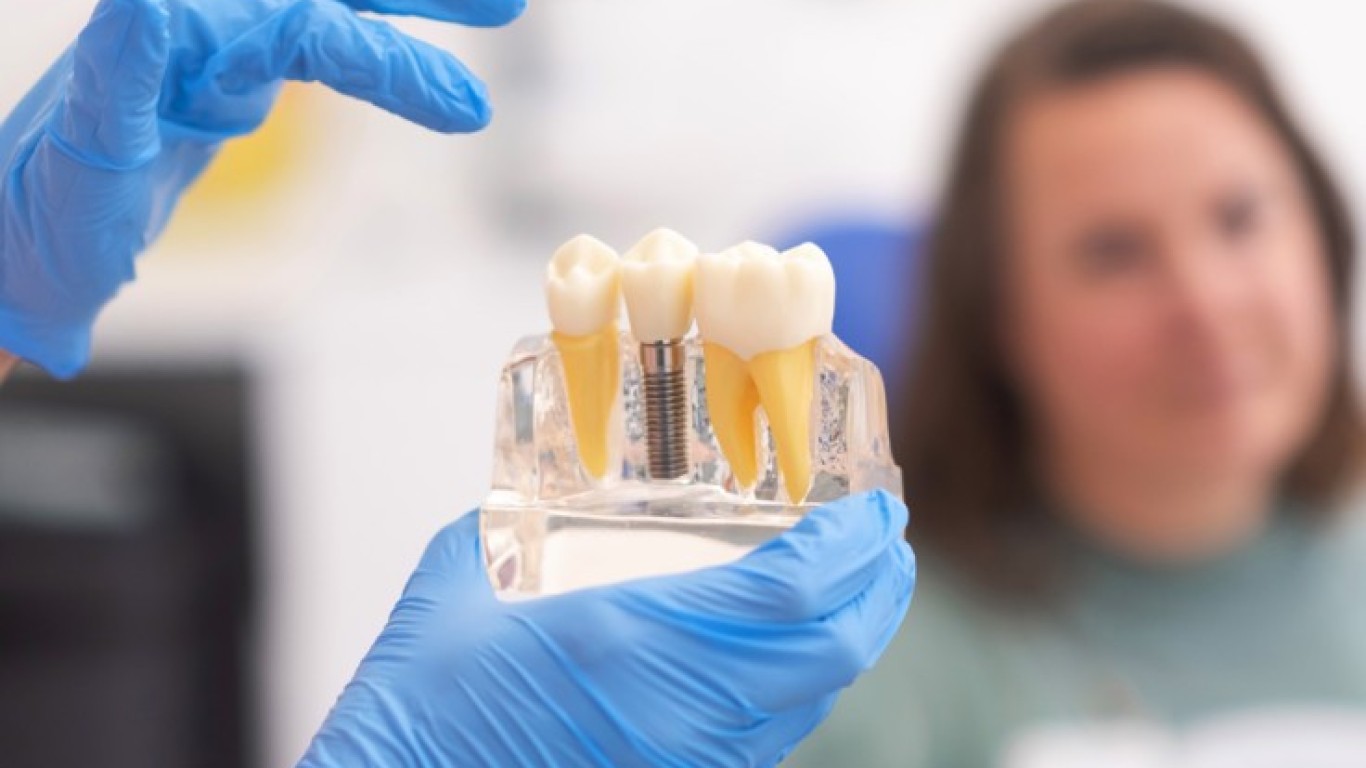Introduction
Tooth replacement is a significant decision that affects oral health, appearance, and long-term comfort. When choosing between dental implants vs bridges, understanding their durability is essential. Both options offer effective solutions for missing teeth, yet they function and last differently. In Turkey and beyond, patients seek clarity on which treatment promises longer-lasting results. This guide explores the main differences, highlighting longevity, maintenance, and overall value. By understanding these factors, you’ll be better equipped to make the right decision for your smile.
What Are Dental implants?
Dental implants are titanium posts surgically placed into the jawbone. They serve as artificial tooth roots. A crown is then attached to restore the tooth’s function and appearance. Because they integrate with the bone, implants offer strong support and long-term stability. Additionally, they help prevent bone loss by stimulating the jaw. Generally, implants are recommended for individuals with healthy gums and adequate bone density. Although the process takes longer, the results are remarkably durable.
What Are Dental Bridges?
Dental bridges are prosthetic devices that “bridge” the gap between missing teeth. They are anchored to the adjacent natural teeth or implants. A bridge consists of two crowns on either side and a false tooth in between. Unlike implants, bridges do not fuse to the bone. Bridges are often chosen for quicker restoration and lower upfront costs. However, they may require altering healthy teeth for support. Despite this, they remain a reliable and common method for replacing one or more teeth.
Longevity Comparison: Dental implants vs bridges
When comparing dental implants vs bridges, longevity is a key consideration. Implants are known to last over 20 years, sometimes even a lifetime with proper care. Bridges, on the other hand, typically last 5–15 years. Their lifespan can vary depending on materials used and oral hygiene habits. Additionally, implants are less likely to need replacement or adjustment. Bridges may require updates due to wear or damage to supporting teeth. Thus, implants are generally considered the longer-lasting solution, offering better durability over time.

Dental Implants vs. Bridges:Maintenance and Oral Hygiene
Dental implants mimic natural teeth and are easy to clean. You can brush and floss as usual. Bridges, however, need extra care. Cleaning underneath the false tooth can be challenging. Special floss or tools are often required. Furthermore, maintaining the health of the supporting teeth is crucial. Decay or gum issues in these teeth may compromise the bridge’s stability. Therefore, while both require good hygiene, implants offer a simpler daily routine.
Dental Implants vs. Bridges:Cost Over Time
Initially, bridges may appear more budget-friendly. They are quicker to place and require fewer appointments. However, implants often prove more economical long term. Their longer lifespan means fewer replacements or repairs. Moreover, bridges may lead to future treatments on neighbouring teeth. This adds to the overall cost. While upfront cost matters, considering the total expense over time shows implants as the better investment.
Aesthetic and Functional Results
Implants provide a highly natural look and feel. They are secured in the jawbone and function like real teeth. Additionally, implants maintain facial structure by preserving bone. This helps prevent the “sunken” appearance linked to missing teeth. Bridges also look natural but may not offer the same seamless integration. Over time, gaps may appear beneath the bridge as the bone resorbs. Functionally, both restore chewing and speech. Still, implants often feel more comfortable and stable in the mouth.
Suitability and Treatment Timeline
Bridges are suitable for patients who prefer a quicker solution. The treatment can be completed in just a few visits. Implants take longer due to surgical healing time, sometimes requiring several months from start to finish. However, implants are ideal for patients wanting a permanent solution. A bone graft may be needed for those lacking jawbone density. Your dentist will assess your oral health, goals, and bone condition to recommend the best option.
Impact on Surrounding Teeth
One major advantage of implants is that they don’t affect nearby teeth. Each implant is independent and doesn’t rely on other teeth for support. In contrast, bridges require reshaping of the adjacent teeth to hold the crowns. This can weaken otherwise healthy teeth. Additionally, pressure on these supporting teeth increases their risk of future damage. Hence, implants are often preferred for preserving the integrity of the surrounding dentition.
Availability of Both Options in Turkey
Turkey has become a major destination for dental treatments, including both implants and bridges. Clinics offer advanced care, English-speaking staff, and competitive pricing.
Packages often include:
- Pre-treatment assessments
- Treatment planning and procedure
- Aftercare support
- Accommodation and transfers
Furthermore, Turkish dental professionals are experienced in treating international patients. The convenience and cost-effectiveness make Turkey a top choice.
Both treatments are readily available with high standards of care and service.
Conclusion
To summarise, both implants and bridges provide effective tooth replacement. However, dental implants vs bridges differ in longevity, maintenance, and cost over time. Implants offer longer-lasting results, better bone support, and fewer long-term complications. While bridges may appeal due to lower initial costs, they often need replacement sooner.
Choosing the right option depends on your health, budget, and long-term goals. Speaking with a dental expert ensures you receive personalised advice. For many patients, implants offer the best blend of aesthetics, function, and durability.
For more information on dental procedures and to book a consultation visit the ACIBADEM Beauty Center Dental Treatments webpage.
Frequently Asked Questions
Dental implants can last 20 years or more, especially with excellent care and oral hygiene.
Yes. A bridge usually takes 1–2 weeks, while implants need months due to healing periods.
Yes. Implants are embedded into the bone, offering a natural feel and secure chewing function.
Yes. Many patients upgrade to implants when bridges wear out or supporting teeth weaken.
Implants usually offer better value long term due to fewer replacements and stronger durability.














